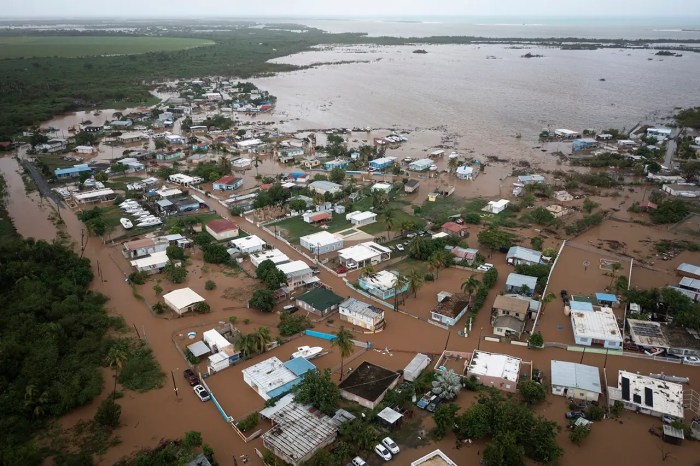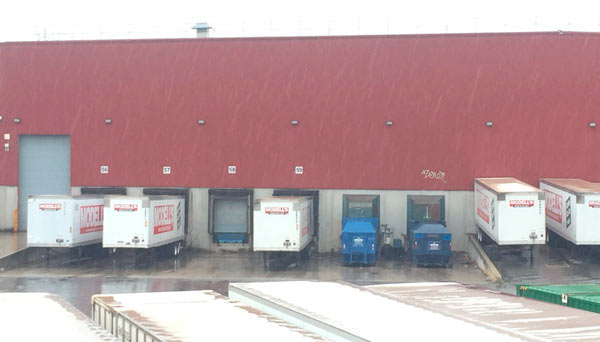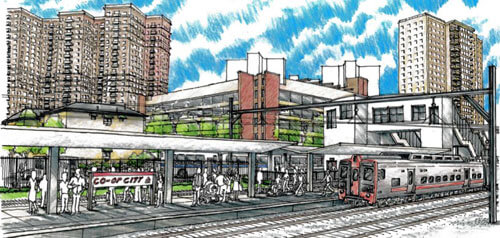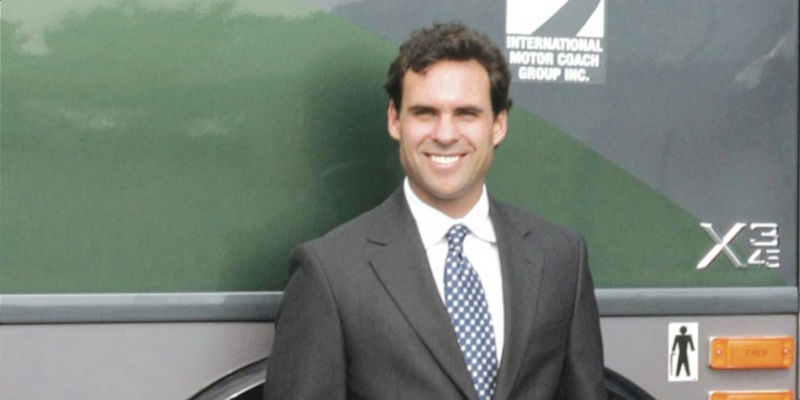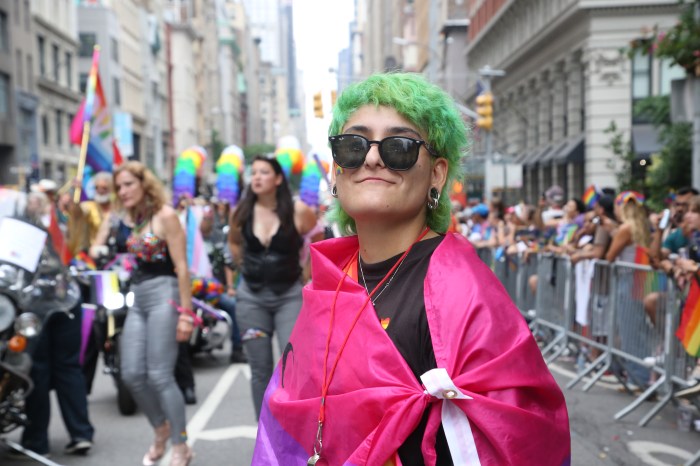Two lines on the Metro-North railroad had returned to regular service by Thursday, restoring routine for commuters through the Bronx, after last week’s storms flooded the tracks and suspended or delayed travel for passengers.
On Sunday, the MTA announced changes in both the Hudson and Harlem Metro-North routes due to “severe” storms in Westchester, Putnam and Dutchess counties. The agency said the weather left behind trees, boulders and other debris — and caused water levels to rise to the point where passage became unsafe in some areas. Amtrak was also forced to shut down service from the city all the way up to Albany because of flooding upstate.
According to MTA spokesperson Joana Flores, crews were working around the clock since the report of the first felled tree on the Hudson Line on Sunday. According to affiliate amNewYork Metro, some people even pulled 24-hour shifts.
The stretches most impacted by the severe weather were toward the top of the routes — between the Cortlandt and Breakneck Ridge stations on the Hudson line and between Patterson and Dover Plains on the Harlem line. Flores said there were nine trees total that went down across both routes.
Full service on both the Harlem and Hudson lines was restored on Wednesday and Thursday, respectively. The Hudson Line, which runs along the Hudson River, runs from Grand Central Station in midtown Manhattan all the way up to Poughkeepsie. The Harlem Line also starts at Grand Central, but runs up through central Westchester County, all the way to Wassaic.
Bronxites rely heavily on trains as a means of transportation — not just southbound to Manhattan but also northbound to the suburbs, upstate New York, and Connecticut. And the same goes for commuters who work in the Big Apple but live north of the city.
The borough has been hailed a kind of “transit desert,” a reputation some politicians and organizers are trying to change with the construction of the Penn Access Project — a $3.18 billion feat that will bring four new Metro-North stations to the Bronx.
Currently, there are limited subway routes that run through the borough, and its unique geography — bordered on the south by the Harlem River on the west side and the East River on the east — makes commuting more cumbersome. There aren’t any cross-borough trains either, which also makes west-east and east-west travel difficult.
Flores said the MTA is still assessing all the damage to the Metro-North tracks, and that it’s too soon to estimate the cost of damage.
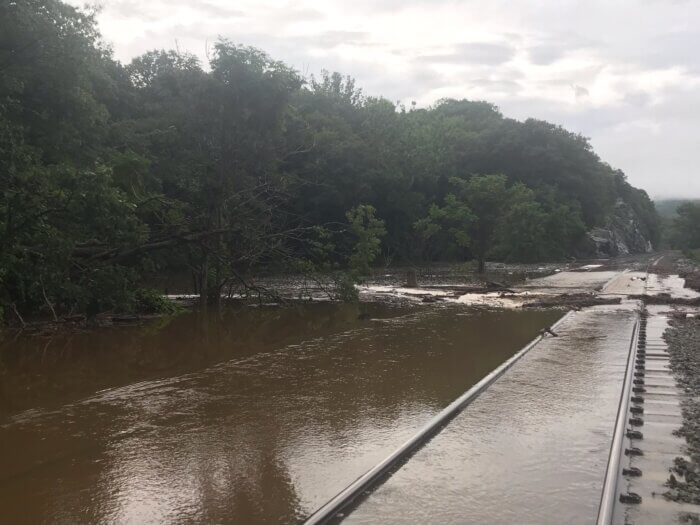

Reach Camille Botello at cbotello@schnepsmedia.com. For more coverage, follow us on Twitter, Facebook and Instagram @bronxtimes

















